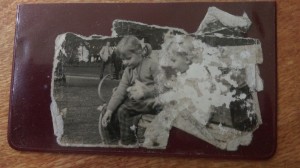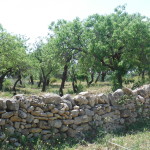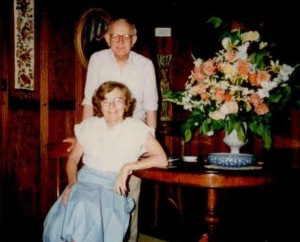Anthropological fieldwork is currently under threat from university administrators who assume it is simply inefficient and wasteful to spend 6-12 months in the field. So why does fieldwork have to take so long? I think I know the reason but I don’t think the administrators will like it. It is because the researcher needs this duration to ensure the person they are at the beginning suffers, and fails, and dies to themselves, so that they can see the world anew. I think that fieldwork is slow because it requires an element of mourning and grief. These, I notice, are themes that are also in Demelza’s and Michelle’s blog posts!
So here is the argument as a story. I began my PhD fieldwork in 1980, in the coalmining town of Kurri Kurri, in the Hunter Valley of New South Wales. Continue reading Meeting Bunny Dawn (Why Fieldwork Takes So Long)




